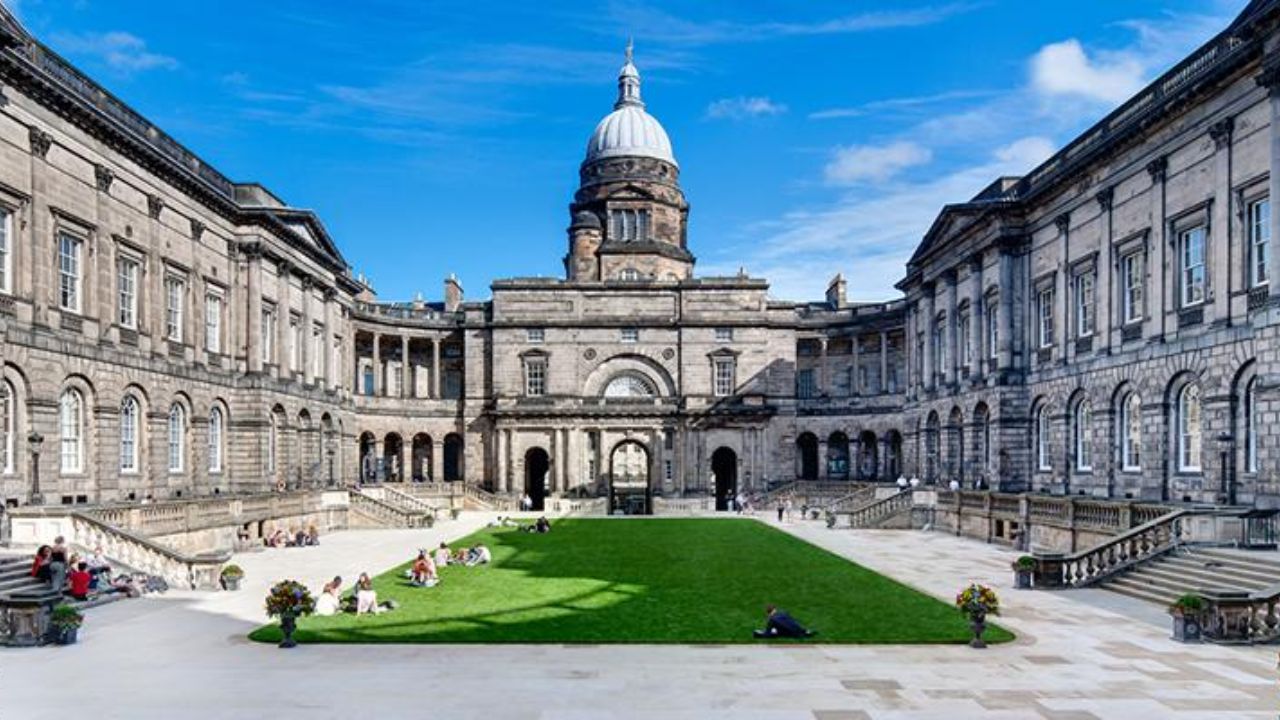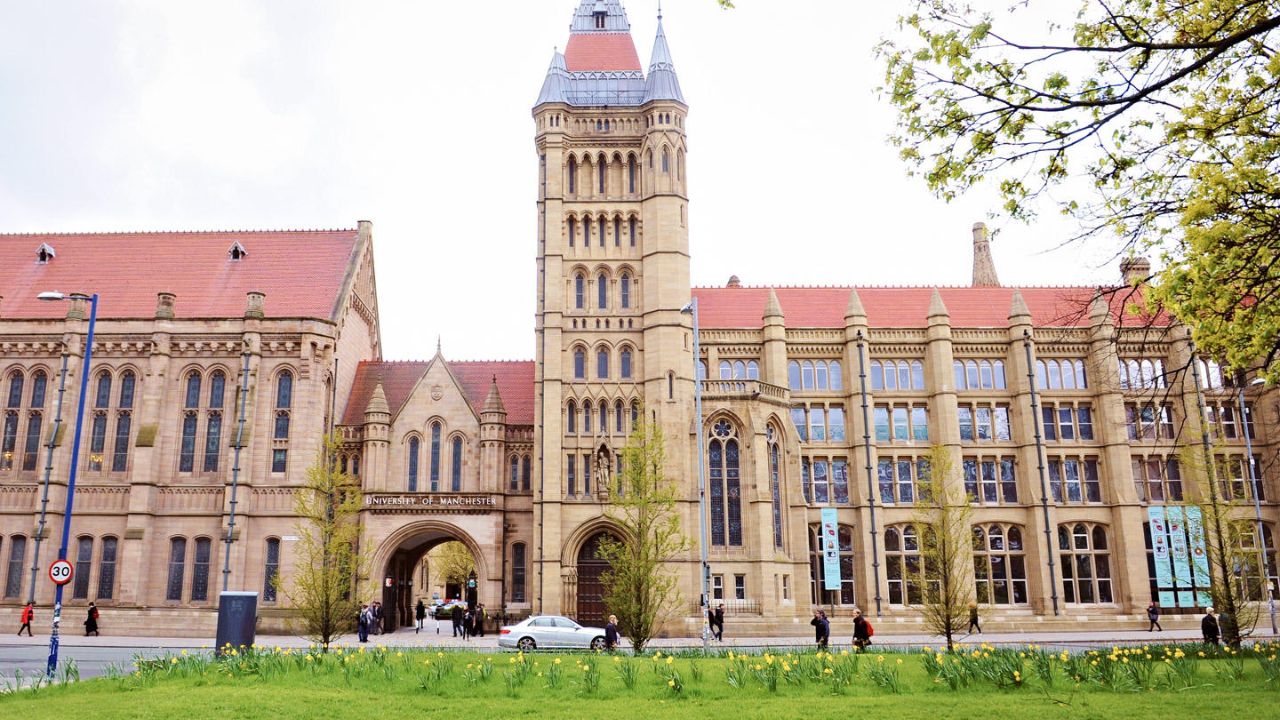University of Queensland
About the University of Queensland
The University of Queensland is a leader in education and research, forging pathways to excellence and societal impact. Its contributions to knowledge and innovation have a profound and lasting effect on Australia and the world. Graduates are equipped to make significant contributions to society.
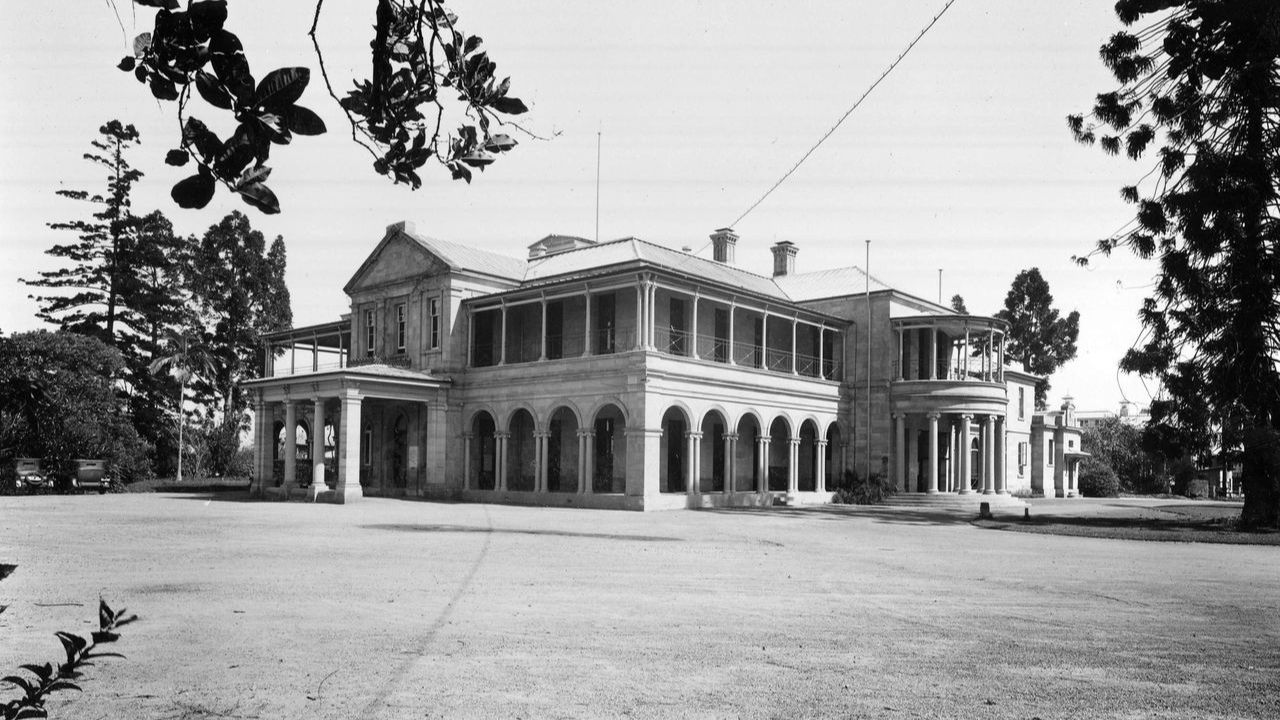
A brief history
Ranked among the top 50 universities globally, The University of Queensland holds a prominent position as a distinguished research and educational institution in Australia. Its establishment dates back to April 16, 1910, marking Queensland’s inaugural university and the subsequent formation of the first UQ Senate. The inaugural year saw the commencement of classes in Old Government House on George Street, Brisbane, featuring three faculties – Arts, Science, and Engineering – and an enrollment of 83 students, comprising 60 men and 23 women.
General information
As a prominent and comprehensive on-campus-based university, UQ offers an extensive array of undergraduate and postgraduate programs, making it Queensland’s leading educational institution. Guided by its fundamental purpose, UQ prioritizes delivering excellence in education, research, and engagement with communities and partners on local, national, and global levels. The university’s campuses span St Lucia, Gatton, Herston, and beyond. Encompassing a diverse student body, UQ’s community comprises 56,278 students, including 21,707 postgraduate scholars and 20,982 international students from 134 countries. This diversity enhances cultural vibrancy on campus and fosters international networking opportunities.
UQ’s commitment to enriching student experiences extends beyond graduation, ensuring students are equipped to navigate today’s dynamic professional landscape. The university’s holistic approach combines essential support, structured guidance, and adaptable learning, preparing students to excel in an ever-evolving workforce.
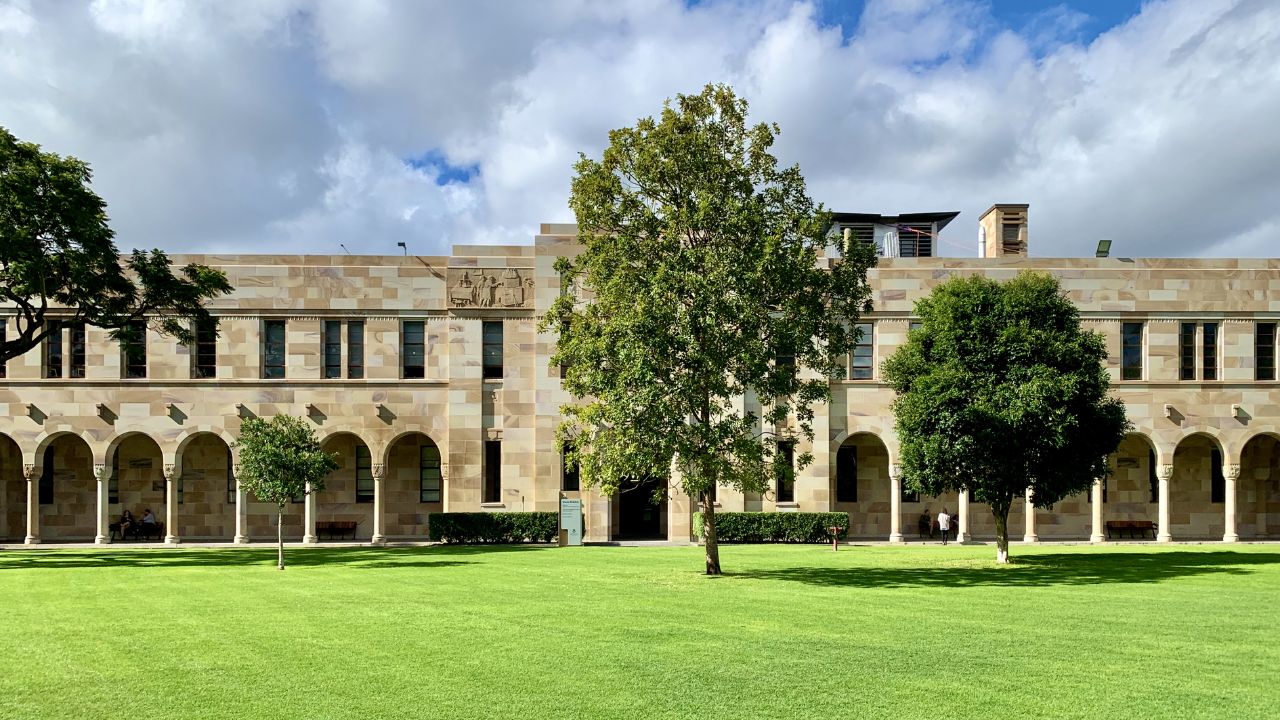
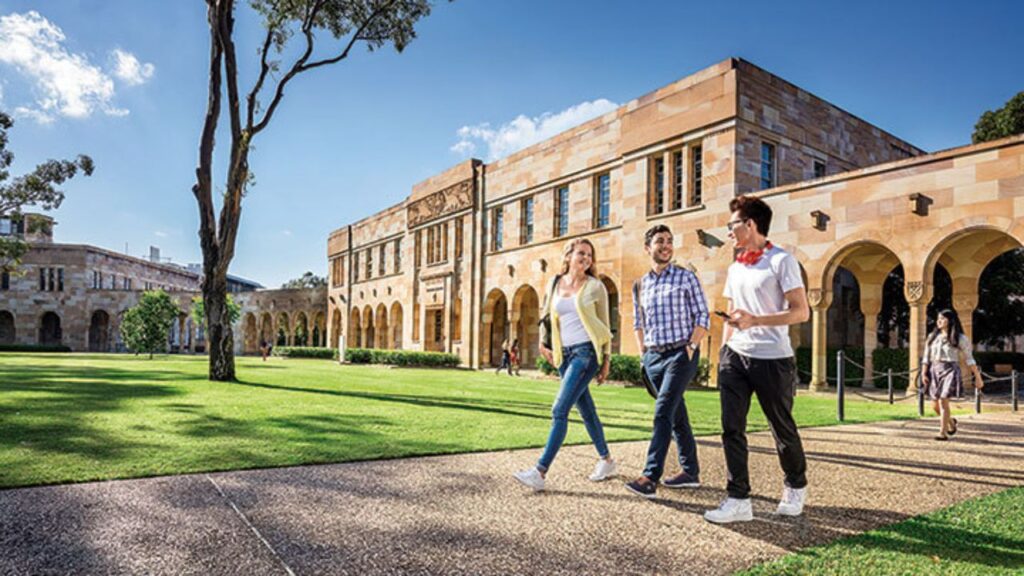
Quick facts about Kyoto
- Student Enrolment: There are 20,743 international students from 137 countries
- Extracurriculars: More than 200 clubs and societies
- Student-Faculty Ratio: There is one faculty for every 23 students
- Undergraduate Programs: In UQ, they offer 120+ undergraduate courses to choose from
Download our Successful College Application Guide
Our Guide is written by counselors from Cambridge University for colleges like MIT and other Ivy League colleges.
To join our college counseling program, call at +918825012255
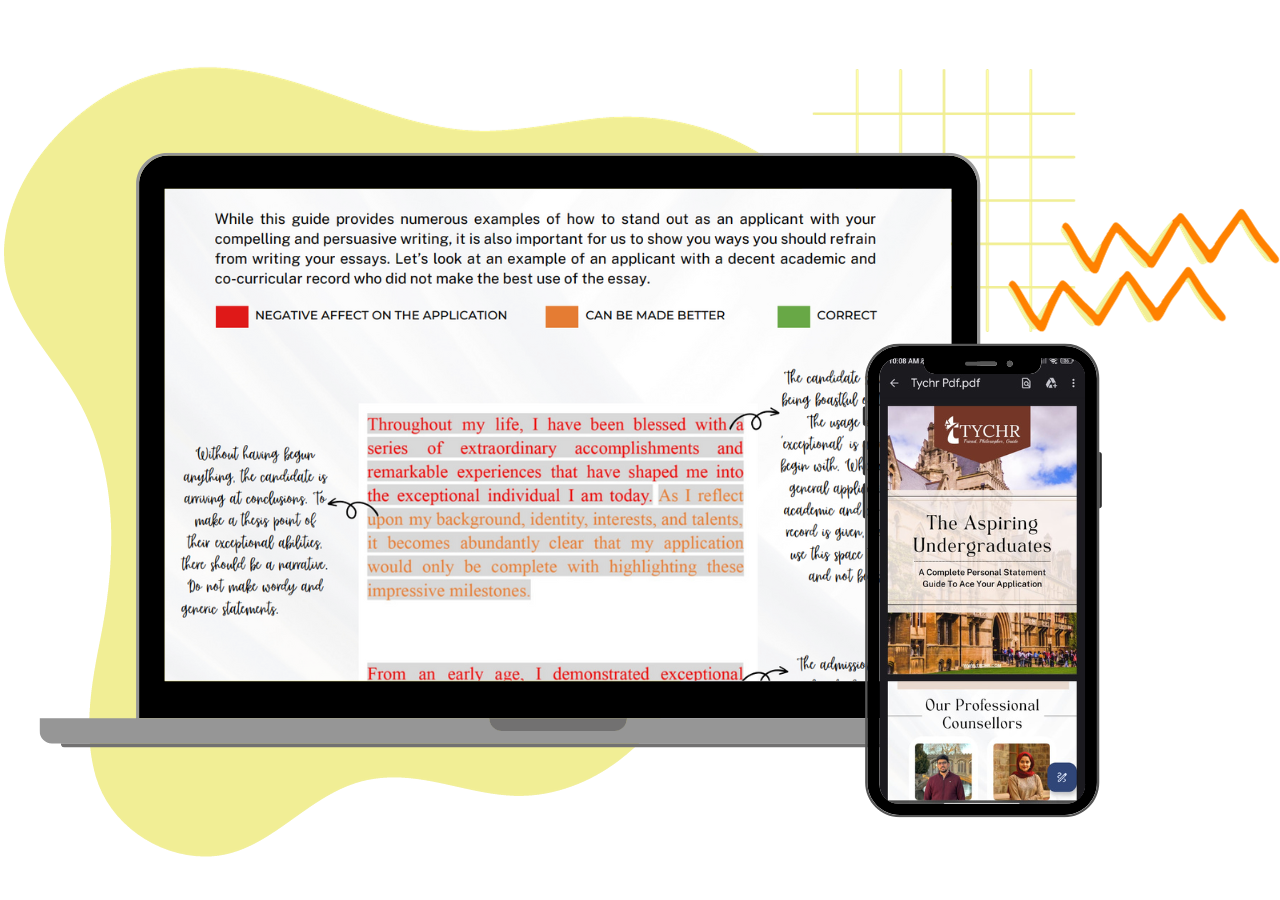
FAQs
To check the status of your application, you can get in touch with UQ International Admissions by sending an email to applicationstatus@uq.edu.au.
If you’re looking to switch to a different program, as an international student, you can initiate an internal program change request through the myRequests tab in mySI-net.
Absolutely! Your unofficial academic record, known as the Studies Report, is accessible on mySI-net under the ‘Enrolments’ tab. For an official UQ transcript, you can conveniently place an order online via the UQ website.
Certainly! A ‘Program’ consists of courses specified by academic program rules, leading to a globally recognized degree. ‘Courses’ are structured sequences of classes focused on a specific academic area, forming majors, minors, extended majors, or fields of study. Each ‘Course’ has a ‘Unit’ value, representing the required workload in hours – typically 2 units, occasionally 4 units.
Changing your major is straightforward. You can update your major by logging into My SI-Net, heading to the Enrolments section, and then navigating to the Plans tab.
Popular Courses

Bachelor of Computer Science
This 3-year course is meticulously designed to provide students with a comprehensive grasp of various facets of computer technology. Through a blend of theoretical learning and practical application, participants acquire the skills to construct and assess computer-based systems. The program cultivates robust analytical, logical, and developmental proficiencies, essential for advancing the field of computing and its diverse applications.

Bachelor of Advanced Finance and Economics (Honours)
Geared towards nurturing adept economists and financiers, this program hones analytical and technical capabilities. Graduates are poised to excel in domains like investment banking, capital markets, venture capital, and the public sector. Areas of study encompass the impact of policies on economic and social outcomes, the ramifications of the Global Financial Crisis (GFC) on economic theory and monetary policies, as well as prevalent financial challenges faced by companies.

Bachelor of Science
This highly sought-after program encourages students to explore and push the boundaries of their scientific reasoning. Featuring an extensive array of science disciplines, it also allows integration with diverse fields such as languages, communication, and design. This fusion empowers learners to expand their skill sets or pursue personal interests beyond the realm of science. The curriculum instills confidence in managing various laboratory environments, spanning wet, dry, clinical, PC2, and PC3 labs, in addition to animal diagnostic, operating, and skills-training labs.

Bachelor of Engineering (Honours)
Through a core specialization, this course fosters technical proficiency that underpins future careers. Specialization options include chemical engineering, civil engineering, electrical engineering, mechanical engineering, mechatronic engineering, and software engineering. Moreover, students can opt to complement their engineering focus with majors or minors in emerging fields within engineering.

Bachelor of Arts
As participants in this program, students cultivate curiosity, resilience, and an enterprising spirit, emerging prepared to tackle an uncertain future. The comprehensive array of over 45 study areas across humanities, social sciences, and languages allows individuals to delve into subjects of personal interest. This program equips students to navigate diverse fields, fostering a well-rounded educational experience.

Bachelor of Humanities/Laws (Honours)
This distinctive program seamlessly integrates humanities with law, enabling graduates to drive impactful change in various career paths. The curriculum delves into critical intellectual movements that have shaped Western civilization across history, exploring literature, art, music, politics, law, and religion. Armed with knowledge and insights applicable to contemporary social issues, graduates possess collaborative and persuasive skills to effect positive transformations in society.
Find the Japan university that best suits you!
Use Tychr Japan University Admissions Calculator to generate a list of recommended universities that are the best fit for you.
Eligibility Criteria
For all of their programs, individuals are required to fulfill the following criteria:
- Completion of an acceptable qualification recognized by UQ, which includes Queensland Year 12 or an equivalent qualification. Alternatively, consideration may be given to those who have pursued a diploma, advanced diploma, or at least one year of tertiary education.
- Attainment of the specified minimum entry score, necessitating the achievement of the requisite ATAR score.
- Fulfillment of any subject prerequisites, as certain undergraduate programs mandate the study of specific subjects for admission.
- Meeting the stipulated English language requirements. Most UQ programs demand adherence to the minimum English language criteria (e.g., an overall IELTS score of 6.5 with a minimum of 6.0 in all sub-bands or an equivalent).
- Successful completion of any program-specific application prerequisites. Several programs entail specific entry requirements like entrance tests, auditions, or interviews. Program entry details should be consulted for comprehensive information.
Fee Structure
If you’re a study abroad student, you must pay a flat tuition fee to UQ per semester. The 2024 tuition fees is:
A$13,710 per semester for the 4-course study abroad program
A$10,280 per semester for the 3-course study abroad program.

Admission Deadlines
Applicants are advised to adhere to the specified closing dates when submitting their applications:
- For Semester 1 intake, the application deadline is 30 November of the preceding year.
- For Semester 2 intake, applications must be submitted by 31 May of the current year.
- It’s important to note that certain programs might feature distinct closing dates, which will be outlined on the respective program page.
Notable alumni








